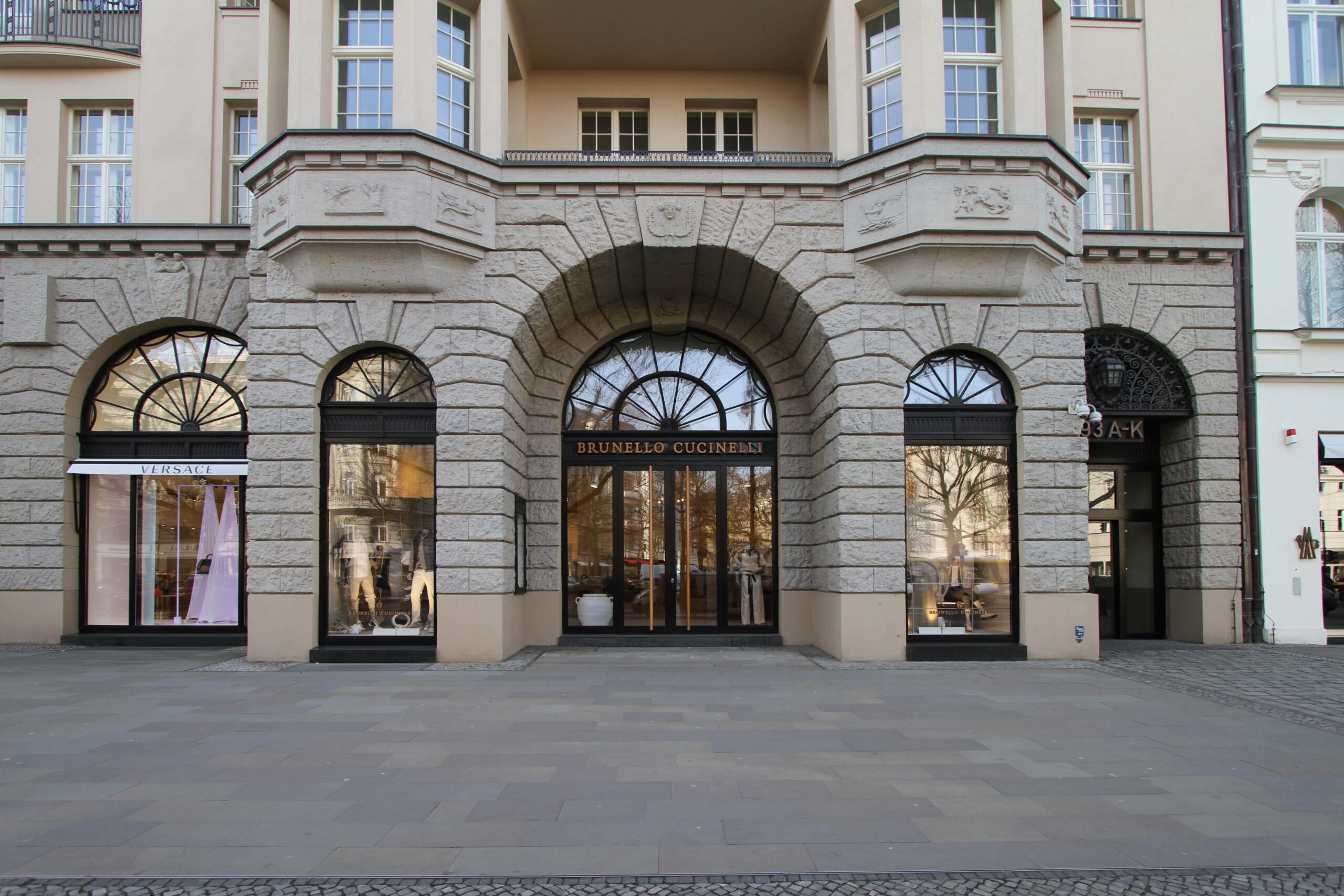Editor’s note: This article was first published in the print edition of the Fall/Winter 2022-23 issue of Luxus+ magazine. Click here to view the full issue.
Alain Bensoussan is an attorney at law. Founder of the law firm Lexing, he intervenes in particular in reverse technology law. He has become an expert on the issue of crypto-assets and believes that it is urgent to put in place clear rules concerning these digital currencies.
1) From a legal point of view, can crypto transactions be described as safe? Are there any regulations to protect investors in crypto funds?
Besides the fact that the volatility of crypto currencies implies that transactions are inherently risky, the market is not yet regulated. However, this legal vacuum should not last: a draft regulation on crypto-assets, known as the “MiCA” (Markets in Crypto-Assets) regulation, is being adopted at the European level. The EU Council approved it on October 22, and it should enter into force soon after validation by the European Parliament.
2) Is an additional authorization required to act as a virtual asset custodian (nano banks, crypto investment funds,…)?
As soon as a person carries out an activity related to digital assets in the broadest sense, it falls within the scope of the status of digital asset service provider (DASP), created by the “Pact” law of May 22, 2019. A decree has come to detail, depending on the services offered, the conditions for registration or the approval procedure with the AMF.
3) As is often the case, the first thing to do to help the custodian is to legally and technically qualify what a virtual asset is in order to know how to register it, value it, keep it and control it on behalf of the UCI, the FIA or the individual. Do legal interpretations vary from one country to another?
Although in France, the Monetary and Financial Code has taken the risk of giving the beginnings of a definition of digital assets, there is no definition of this notion common to all member states. This is why the MiCA regulation, which aims to harmonize the rules and the understanding of each, is so eagerly awaited.
Click here to read the full article on Luxus Plus Magazine.
Featured photo: © Presse











